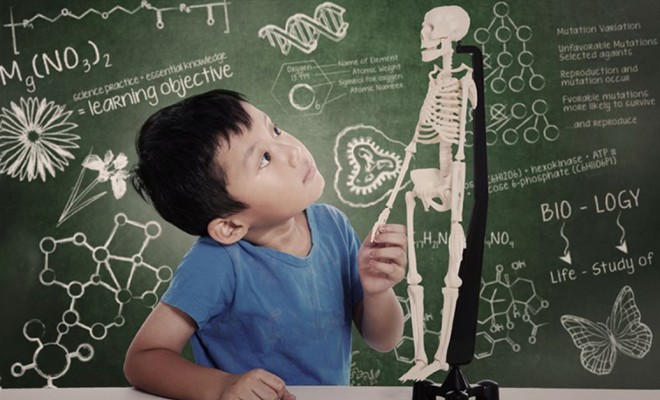
Early Years Childcare Research
Child Development Theories
[Tweet “‘The hand that rocks the cradle rules the world.’ (William Ross Wallace, 1865).”]
Whilst very little phases childcare professionals, it is rare to find them cradle-rocking. Nevertheless, when it comes to identifying those with real power to give little ones a flying start in life, dedicated nursery and childcare workers are right at the top of the list alongside parents. Wallace’s theories were about a mother’s influence, but anyone nurturing younger children helps them interpret their world – if done well, this has seriously positive implications for their development into mature adults well-placed to shape all our futures.
Such responsibility for laying strong foundations fit for purpose needs to be underpinned by a clear understanding of how children learn. Therefore, this article will outline five critical areas where skilful and timely support can transform early years learning and development. In later articles, each area will be explored in greater detail to identify some important theoretical concepts driving recommended childcare strategies, and to clarify the links between such theories and practical childcare.
Many professionals will discover some concepts are already a feature of their work, and are warmly encouraged to contribute their own particular experience and outcomes. A willingness to share, reflect upon, and learn from good practice is a hallmark of all mature professions, and there is pressing evidence improvements in national childcare standards are sorely needed. For instance, Sir Michael Marmot from the Institute of Health Equity at University College London, declares: ‘We continue to fail our children,’ pointing out that ‘only half of our five-year-olds are achieving a good level of development,’ and are thus far from ‘school-ready’ when they leave reception1.
[See how Interactive Technology in 2015 is impacting Child Development]
Cognitive Development
Cognitive development concerns the mental changes which occur as a child grows. Put more simply, understanding the development of children’s thinking is essential to the success of any initiatives designed to promote early-years learning. According to writers such as Donaldson2, ‘interpersonal contexts’ provide important early support for cognitive advances in thought and language, and developmental psychologists Jean Piaget and Lev Vygotsky have also proposed major theories describing how cognitive change operates. Early learning approaches commonly utilise sensory play as a means of promoting a range of cognitive learning skills often, for example, providing relatively unstructured opportunities for discovery learning where children are frequently able to learn by employing trial and error approaches.
[Read more on: Cognitive Development Part 1 of The Science of Childcare.]
Linguistic Development
Young children seem to acquire language skills at astonishing speed: two-year-olds can convey hundreds of linguistic messages, and five-year-olds can handle the majority of grammatical rules in their mother tongue. Human language and thought are obviously closely linked, and language itself is a major learning tool which supports the development of thinking. However, it is important for educators to understand that linguistic development is a sophisticated concept and, to avoid underestimating the abilities of young children, it is helpful to think of their abilities subdivided into receptive language and productive language. Receptive language is the language they can actually understand, whilst productive language is the (lesser) volume of acquired language they are able to use to make themselves understood.
[Read more on: Linguistic Development Part 2 of The Science of Childcare.]
Social & Emotional Development
Children’s social development takes them on a journey from self-centred toddlers right through to normal socially adjusted adults. Along the way they slowly become independent, developing confidence as a direct result. Similarly, a well-attached child whose emotional needs are met, and who, for example, receives reassurance when required, will gradually master self-control and develop a healthy self esteem – personal attributes which are soon likely to produce a determined and resilient school-age learner. Play which naturally features co-operation and collaboration is, of course, the ideal catalyst for encouraging the development of all forms of social and emotional learning.
[Read more on: Social & Emotional Development Part 3 of The Science of Childcare.]
Physical Development
Physical movements of all kinds become more controlled as children grow – a child of three, for example, can usually run more gracefully, and with better control, than a younger child. Movement is generally classified as two types: fine motor skills where small muscle groups operate in combination; and gross motor skills where the body’s large muscle groups join forces to produce movement. Though some natural development occurs, children also need regular play opportunities to realise their full motor-skills potential. Writing will later require sophisticated fine motor skills, whilst strong gross motor skills are an essential pre-requisite a school-age child will need to participate in team sports.
[Read more on: Physical Development Part 4 of The Science of Childcare.]
Creative Development
The creative dimension engages and expands a child’s mind much like physical activities promote motor skills. Creative play develops imagination and allows a child to ‘dream’ something internally, and then give their dream external form – a fulfilling experience which ultimately may allow some to communicate by non-verbal means (dancers, artists, musicians), though the process usually inspires joy-filled language too. It is essential for childcare professionals to understand personal developments in this area benefit society as well as individuals: intensely creative dreamers may turn out to be poets, but they are just as likely to be architects, engineers and software designers too!
[Read more on: Creative Development Part 5 of The Science of Childcare.]
Following our overview, the focus shifts to looking in detail at the cognitive aspects of learning in childcare. Whilst cognitive theories provide helpful ways for professionals to visualise and think about child development, the priority will be to explore how this knowledge translates into purposeful and effective activities within the nursery environment.
Childcare Best Practices
Finally, it is worth restating the value of sharing and reviewing your own best practice in the light of the ideas and concepts which have been discussed. Theories are intended to inform good practice and provide a useful means of evaluating what already works, but good practice is seldom achieved where working practices are dictated by theory alone.


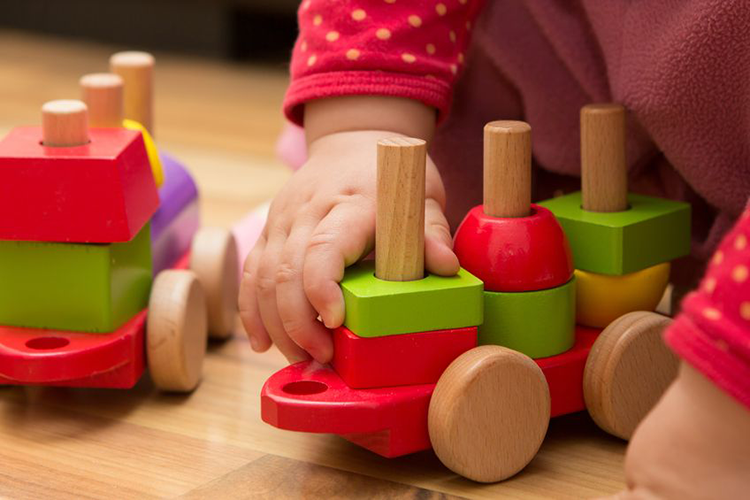
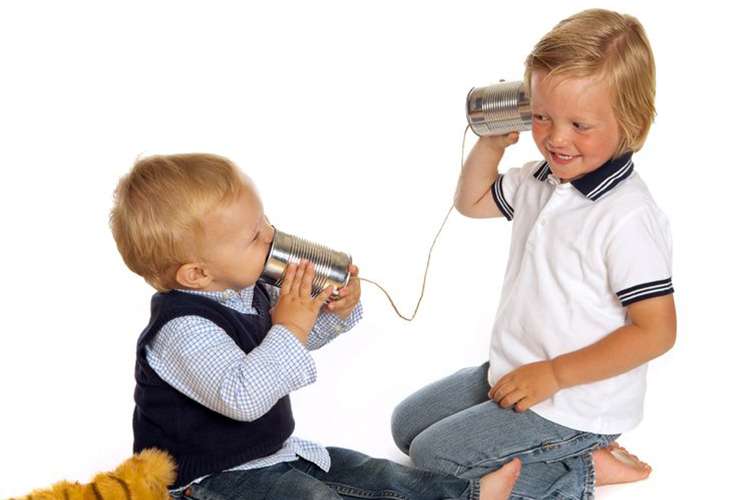
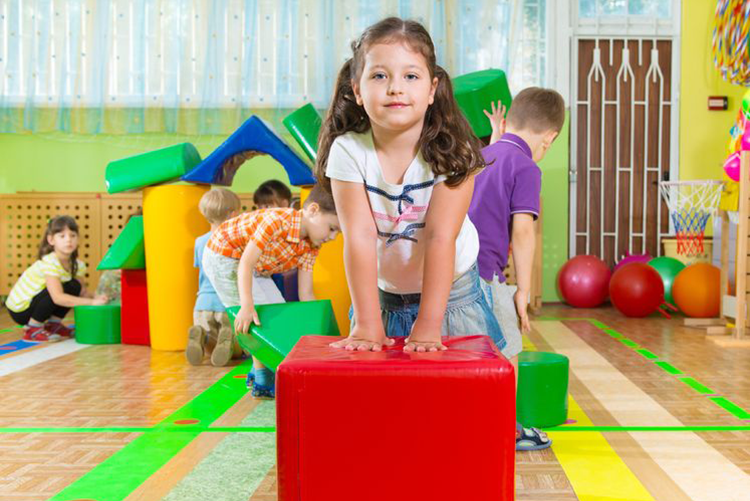
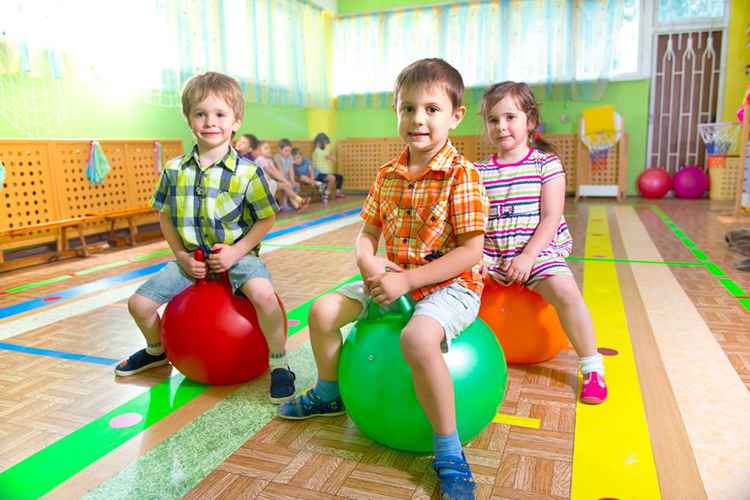
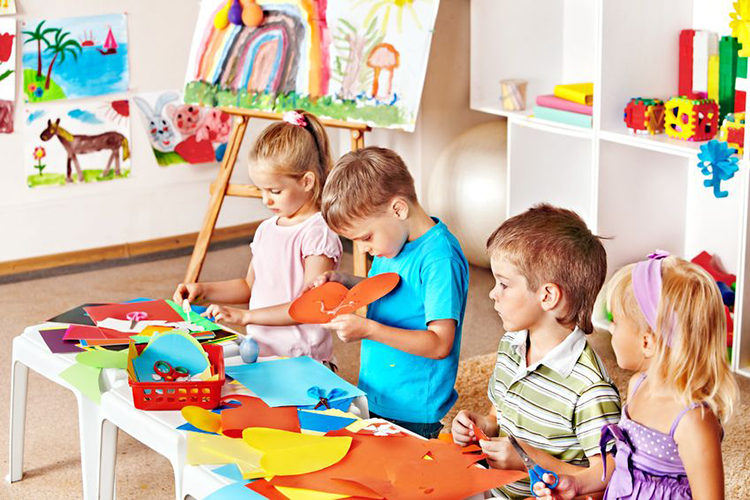

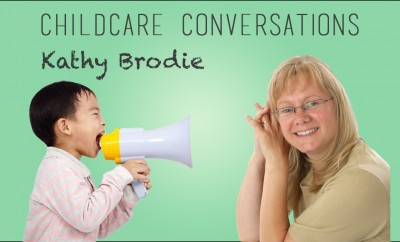
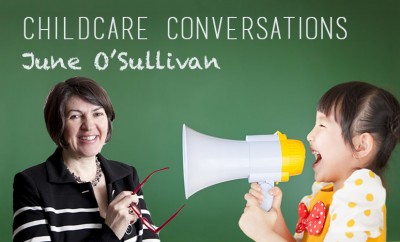

Pingback: Interactive Technology & Child Development |